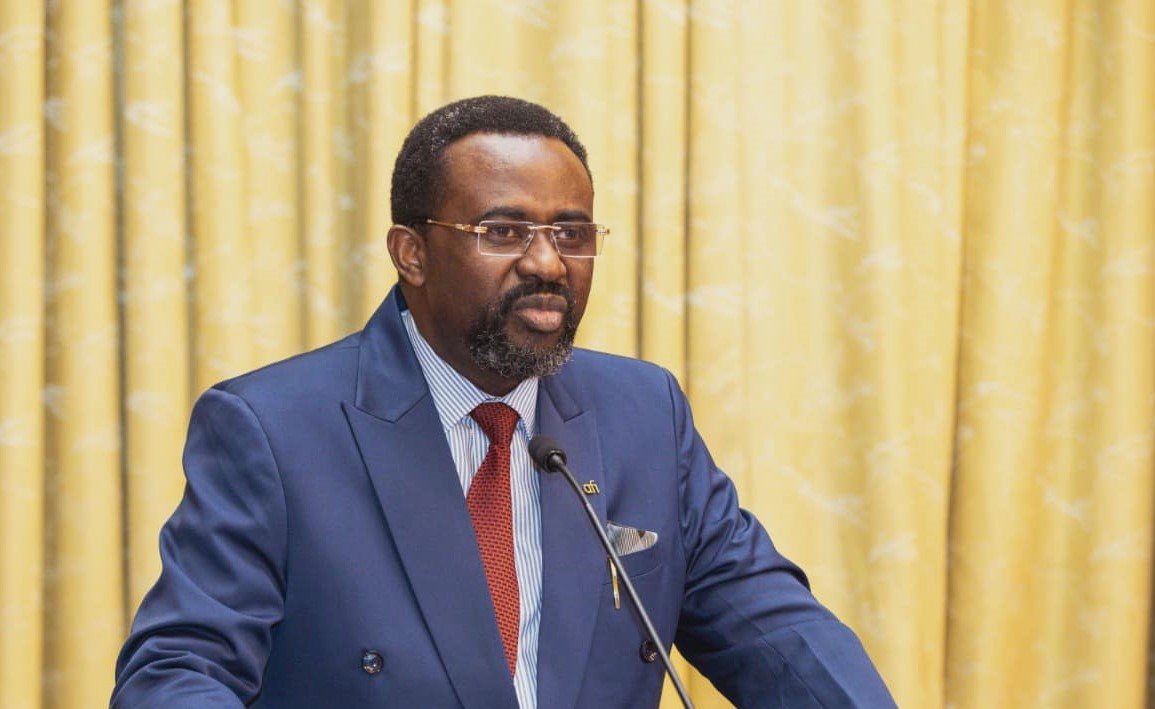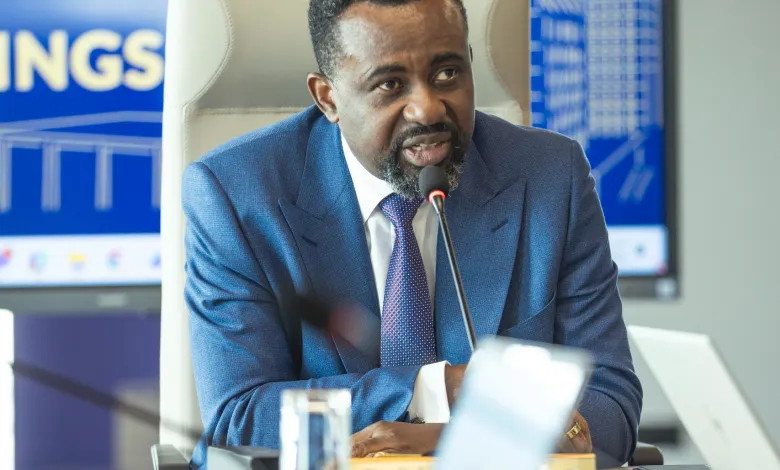News
BoG Governor: Ghana’s Economy Shows Stability, But Risks Still Linger
Published
7 months agoon
By
M N Ridwan
Ghana’s macroeconomic landscape is beginning to show signs of improvement, but major risks remain, according to Dr Johnson Asiama, Governor of the Bank of Ghana (BoG).
Speaking at the 124th Monetary Policy Committee (MPC) meeting in Accra, Dr Asiama acknowledged that while the country is on a path toward economic stability, inflation and external vulnerabilities could still derail progress.
“Ghana’s inflation outlook is showing signs of improvement,” he said. Inflation fell to 21.2% in April 2025, a welcome decline from earlier figures. However, this rate still exceeds the BoG’s medium-term target of 8% ± 2%, and remains above the upper tolerance band of 19%.
Dr Asiama listed several key concerns: second-round inflation effects, ongoing food supply challenges—particularly in northern Ghana and the Sahel region, and external price shocks from volatile global commodity markets.
In addition, geopolitical tensions and US-led trade disputes were cited as increasing global market uncertainty, with possible impacts on commodity prices, exchange rates, and financial inflows into emerging economies like Ghana.

Despite these concerns, Dr Asiama acknowledged encouraging signs. Ghana has recently secured a Staff-Level Agreement with the International Monetary Fund (IMF) for the Fourth Review of its Extended Credit Facility (ECF) Programme, bolstering confidence in ongoing economic reforms.
Furthermore, Standards and Poor’s has upgraded Ghana’s sovereign credit rating from selective default to CCC+, citing improved fiscal discipline and rising investor confidence.
The Governor highlighted that foreign reserves have strengthened, and the trade balance has improved. Moreover, both consumer and business confidence have shown notable upticks in recent months.
However, he cautioned that the central bank is closely watching whether current policies are sufficient to sustain disinflation without hurting economic recovery.
“We must consider whether the exchange rate’s recent gains and returning market confidence can be sustained,” he stated.
In conclusion, while Ghana’s economy is on the mend, the BoG remains vigilant. It aims to strike a delicate balance: keeping inflation under control while supporting a fragile yet hopeful economic recovery.







